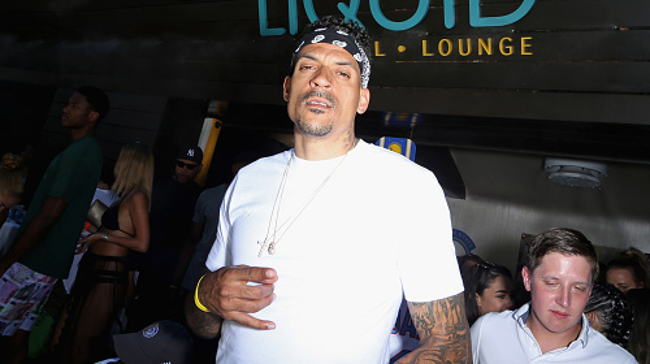
Marijuana use, for both medicinal and recreational purposes, has gained significant traction in recent years and has subsequently shed much of the stigma that previously surrounded it. It is now legal in 10 U.S. states, as well as the District of Columbia, and has been decriminalized in different ways elsewhere.
However, not everyone is on board yet. Marijuana is still among the banned substances in professional sports, despite growing research that suggest numerous health benefits, among them its potential as a pain-management alternative to the highly addictive pharmaceutical narcotics that have led to the opioid crisis in America.
Friday marked the 4/20 holiday for marijuana enthusiasts, and a handful of former NBA players took the opportunity to host a roundtable discussion on why they believe the NBA should embrace it. Matt Barnes, Al Harrington, Kenyon Martin, and Cuttino Mobley joined Bleacher Report to film that discussion (and smoke session).
Barnes had previously admitted to getting high before NBA games, although the rest of the panel demurred when posed that question. The conversation then turned to the topic why they believe marijuana use among athletes would be beneficial. Much of it hinged on the purported physical benefits in terms injury recovery and pain management, but they also touted its emotional and psychological benefits.
In the end, everyone acknowledged that public perception will play a key role in whether the league will one day embrace it.
“You can still be a successful athlete, a successful person. It doesn’t make you a bad person if you consume cannabis,” Martin said. “If you’re still functioning and taking care of responsibilities, you can still be successful at what you’re doing. You can’t fight the science of it. Do your homework, and don’t be naive to the fact that it’s helping people.”
For now, marijuana is still outlawed in the NBA, but the sea change in public opinion will make it increasingly difficult to ignore, especially when past and present players, coaches, and other league personnel keep using their platform to advocate for it.






